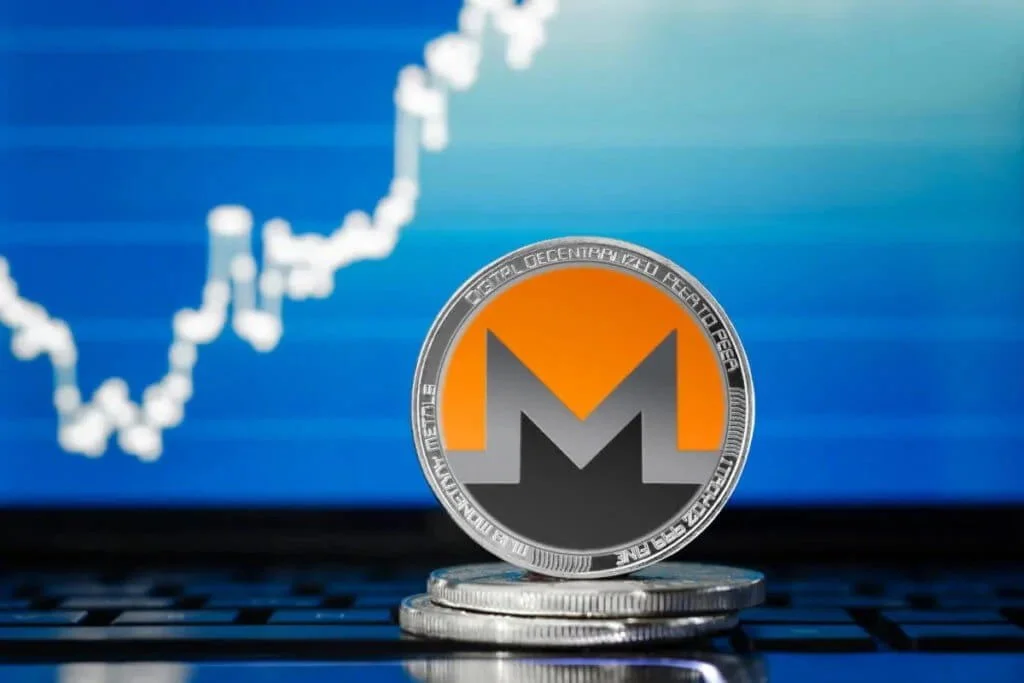In 2021, a surge in ransomware has also resulted in an increase in Monero usage as a payment method, as more criminal groups prefer only XMR.

According to a new report by blockchain analytics firm CipherTrace, privacy-focused cryptocurrencies such as Monero are playing an increasing role in the rising tide of ransomware.
“Current Trends in Ransomware” delves into trends observed in 2021, but it was only recently released. From 2020 to 2021, there was a nearly 500 percent increase in “double extortion” ransomware attacks, according to the firm. These are cyber attacks in which malicious actors steal and encrypt a victim’s sensitive data.
The report echoes similar findings from the analytics firm Chainalysis, which reported that total ransomware crypto payments surpassed $600 million during the period.
According to the new research, last year saw an increase in demands for ransom payments in Monero (XMR), with attackers adding premiums ranging from 10% to 20% for payments made in Bitcoin (BTC). According to the report, at least 22 ransomware strains (out of a total of more than 50) only accept XMR payments, and at least seven of them accept both BTC and XMR.
“Higher prices for BTC are most likely seen by the ransomware actors as a premium for dealing with the increased risk in using an easily traceable cryptocurrency like BTC.”
The report cited Everest Group, a Russian-speaking ransomware gang that claimed to have hacked the US government in October of last year. Everest Ransomware is “currently attempting to sell the data for $500,000 in XMR,” according to CipherTrace.
Another example is the Russian DarkSide group, which was responsible for the May 2021 attack on the US Colonial Pipeline. The ransom could be paid in either XMR or BTC, but the latter was more expensive.
Only in early 2020 did the REvil ransomware group switch from demanding BTC to XMR payments.
Monero is a privacy-focused cryptocurrency that employs a variety of technologies such as mixers, ring signatures, and stealth addresses to conceal sending and receiving wallet addresses. As a result, it has become the primary asset of choice for those seeking ransoms.
As a result, some exchanges in countries such as the United Kingdom and Japan have delisted Monero and other highly privacy-focused cryptocurrencies such as Dash and Zcash.
The Monero blockchain will be hard forked in July to improve its anonymity and privacy.
